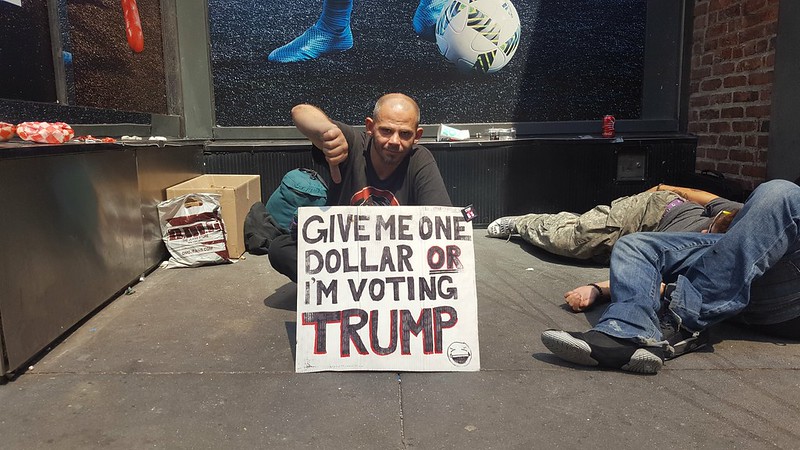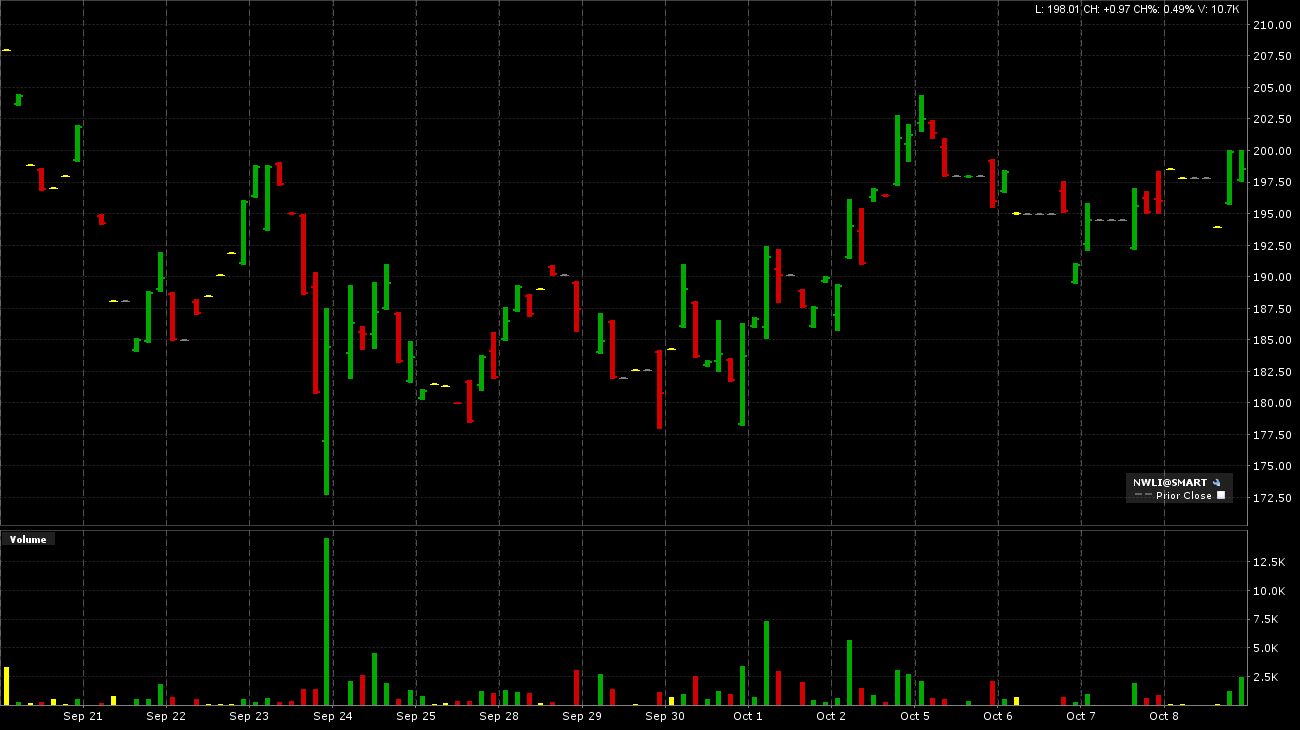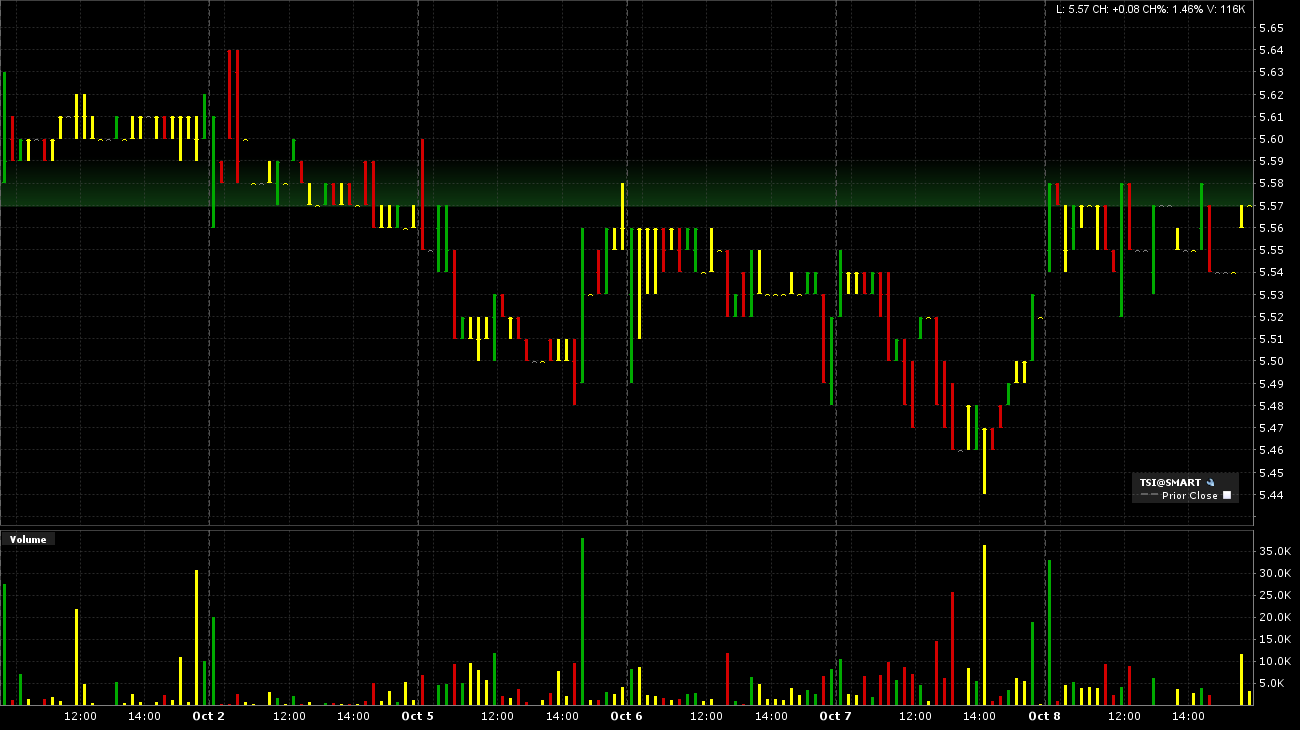Weighing on my Psyche
Photo Credit: tonynetone || Astronomy is fascinating; I have studied it since I was 10. What God hath wrought!
The minor planet “16 Psyche” which I will call Psyche for the remainder of this piece, will be visited by NASA in 2026. I’m sure we’ll learn a lot of interesting things about it. Some muse that it might be the core of a small planet. Who knows? It could be that the whole asteroid belt was once a planet, and after some astounding collision, the remnants of it spread out over time, forming the asteroid belt.
Anyway, there’s a bad meme going around regarding Psyche, and I would like to correct it.
The asteroid’s metal is worth an estimated $10,000 quadrillion, more than the entire economy of Earth.
This isn’t your typical space rock: There’s a metal asteroid out there worth $10,000 quadrillion
Let’s pretend for a moment that we could launch a space mission to retrieve Psyche from the asteroid belt and bring it to Earth. Maybe we would leave it in orbit, giving us a second real moon, and change the tides on earth. (Oy vey.) Or maybe we would crash land it into the Nevada desert. (Are you kidding? That could destroy much of the Western US, if not the Earth. Think of the G.I. Joe: Retaliation movie., where the City of London was destroyed by much less.) Siberia would be a better option, but would we want to give it to Russia? 😉
So let’s stick with the idea of bringing it into orbit around the Earth. Now, mining in space and transporting to Earth large chunks of very heavy metals or metal ores would be exceedingly difficult and expensive. The costs would be so great that no one would do it. It would be a money loser. But let’s pretend again, and say that we created a space elevator, or some other technology that could cheaply transport the metals and ores to Earth.
The cost of bringing it to Earth is low, but before they even the metals and ores to Earth, prices on the futures and forward markets for the metals drop to almost zero. Why? There is now this huge supply of iron, nickel, and whatever, well in excess of what we can use. At that level, the miners in Earth orbit would probably give up, leading the forward and futures markets to rebound.
So what is all of the metal on Psyche worth? Nothing. (I haven’t even added in the cost of what it would cost to get it here.)
In the modern era, economics has always said the prices are relative measures, not absolute measures. You can’t take the current prices on Earth now, and apply them to an asteroid far away. It’s kind of like the distinction in the science fiction classic Norstrilia between SAD money and FOE money. SAD money is what circulates on the planet Norstrilia, but Norstrilia is the richest planet, and so they tax anyone taking money off the planet at an obscene rate. FOE money is “Free on Earth” which means that you had to have a ton of SAD money to get an ounce of FOE money. The protagonist, Rod McBan, manages to get so much SAD money that after paying the tax, he has enough FOE money to buy the Earth. As a result, he becomes a target to be killed.
My that was quite a useless digression on a really good book.
My main point is this: just as we have different costs for extracting crude oil from the ground in different areas on the Earth, so it is for an asteroid versus materials on Earth now. The costs of mining Psyche would be so enormous that it would not happen.
Also, even if the cost of getting Psyche to Earth safely were zero, if nickel and iron were as easily obtainable as getting potable water, the price of them would be very low. The market would quickly be saturated.
We have prices and markets because of human activity. Something that is well outside our ability to use would naturally carry a price of zero. As a result, I can confidently say to the media trumpeting the $10,000 Quadrillion figure is: No, the answer is zero.
That said, I look forward to the NASA mission arriving there in 2026. We will learn a lot about Psyche.












